
Hypertension
Advertisement
Delayed hypertension diagnosis lowers treatment rates and raises long-term cardiovascular risk, new study shows.
Study finds diet-driven gut changes could improve hypertension control in older adults.
A new tech-based system flagged poor BP med use but didn’t improve adherence or lower BP more than usual care.
Aldosterone may be the hidden culprit in hard-to-treat hypertension, offering new hope for targeted therapies.
Dual PET/MR imaging enables precise diagnosis and cardiac risk assessment in patients with primary aldosteronism.
PSG and clinical markers help predict arteriosclerosis risk in patients with OSAHS and hypertension.
Hypoxia disrupts BP regulation and nerve activity, even in healthy individuals.
Gestational hypertension raises seizure risk in children, linked to neuroinflammation, study finds.
The ONSET/OFFSET and RESPOND trials are under scrutiny for overstated efficacy, per the BMJ report.
Small study links adverse pregnancy outcomes with later development of pulmonary arterial hypertension.
Routine health screenings may not reduce death risk, study finds—though early detection remains key.
Dr. Payal Kohli dives into new tech and AI reshaping how we diagnose and manage hypertension.
Hypertension isn’t just a part of aging—lifestyle, awareness, and new treatments matter.
Controlling multiple health risks may eliminate premature death risk in people with hypertension, a major study finds.
Women with maternal hypertension who birth preterm infants incur a risk for that child having adverse neurodevelopment.
The trial drug revealed greater reductions in 24-hour average blood pressure than placebo.
A multicomponent intervention is effective in improving the management of people with high blood pressure, a study finds.
An EMR model can enhance postpartum heart screening in women with hypertensive disorders of pregnancy.
When doctors and their patients share common language in the relationship it can decrease the risk of CVD and death.
Researchers aimed to determine whether a two-pill antihypertensive strategy is effective at controlling hypertension.

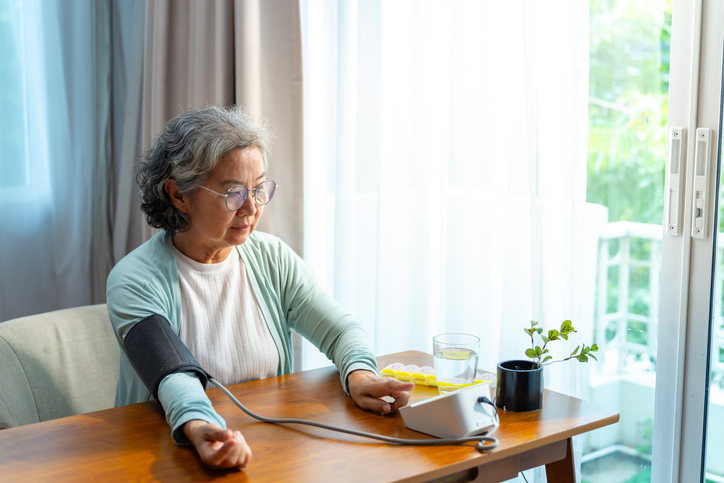

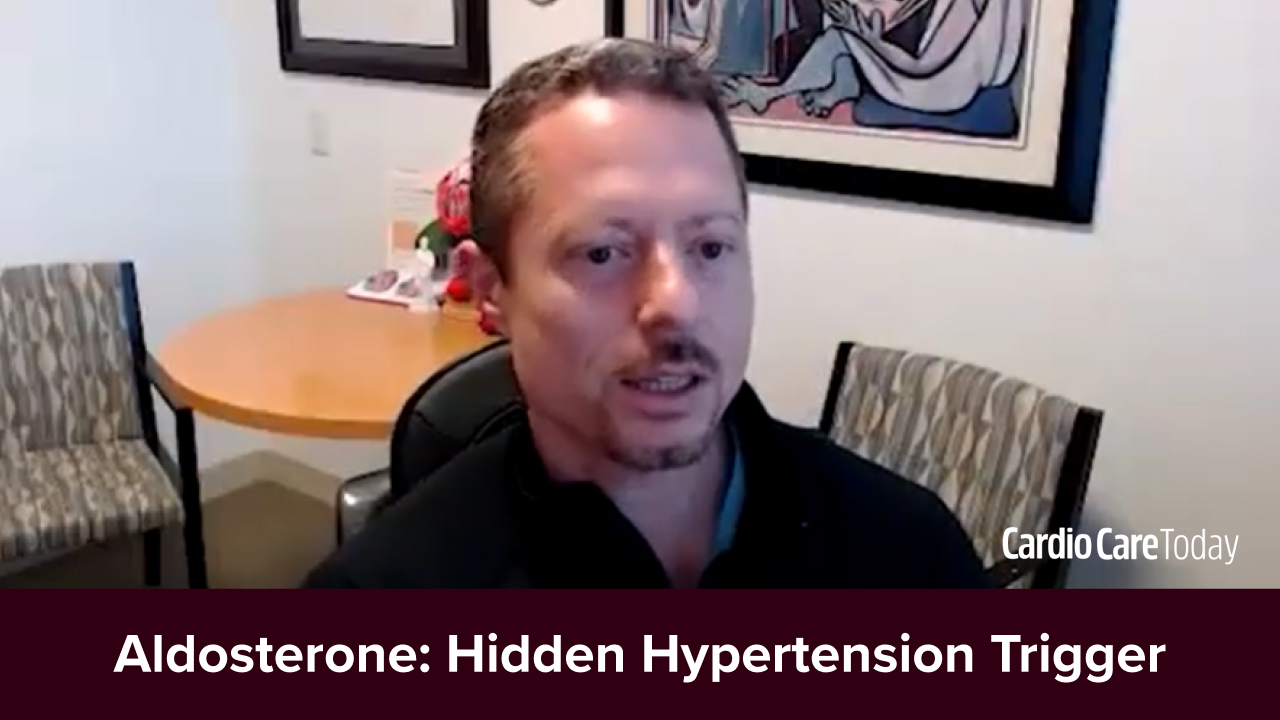
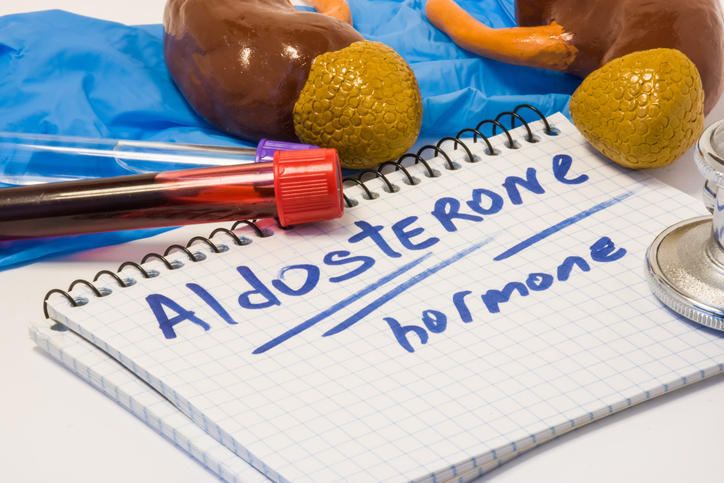
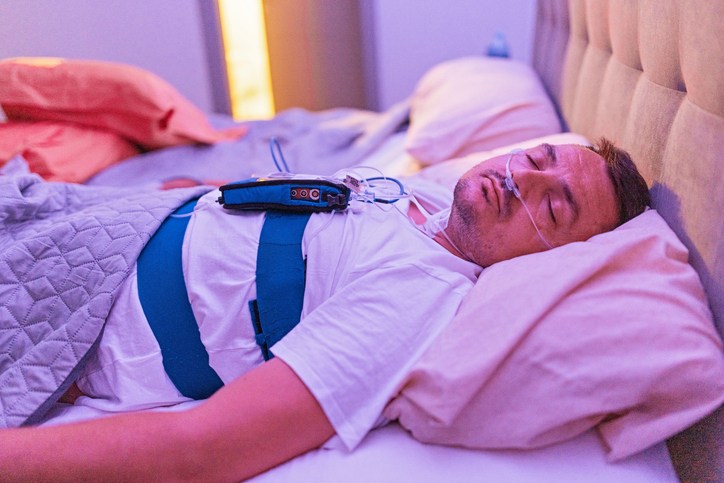

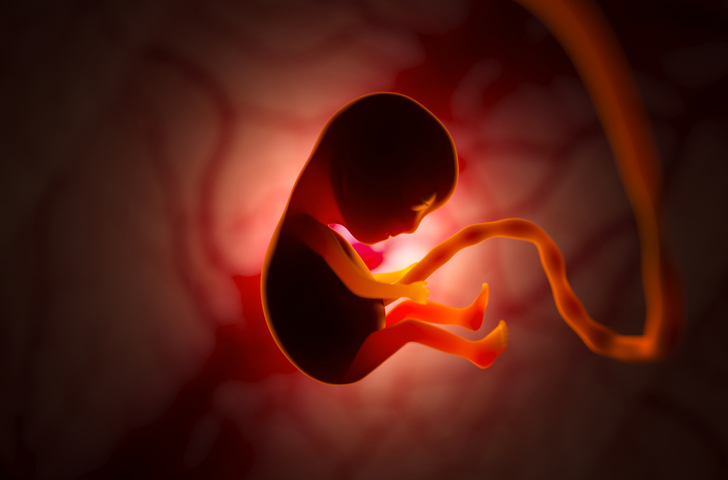
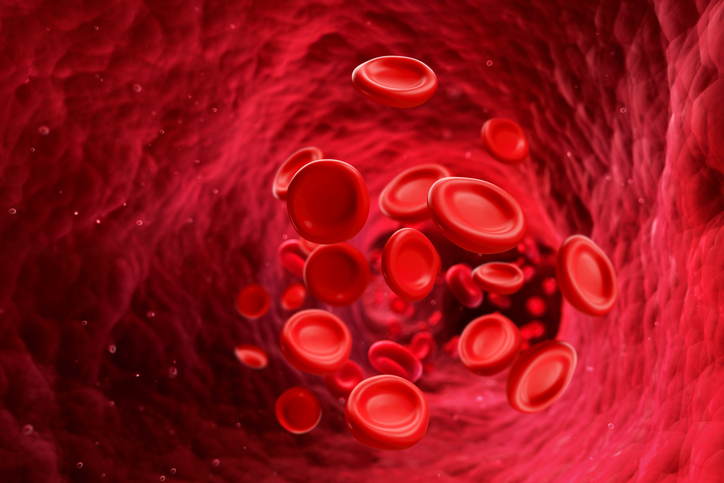
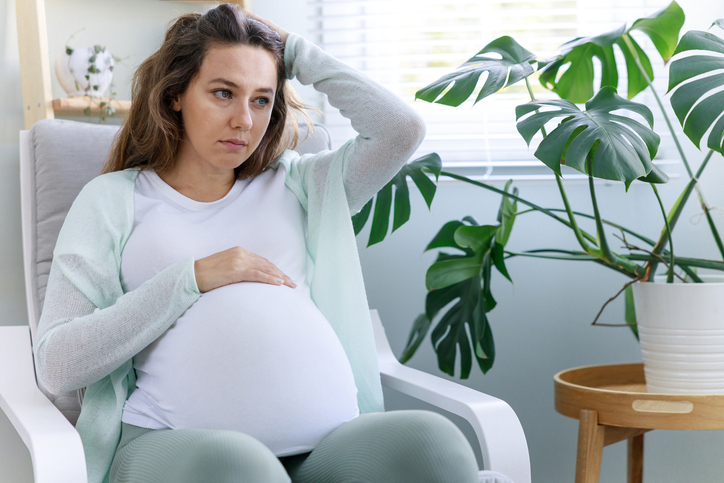

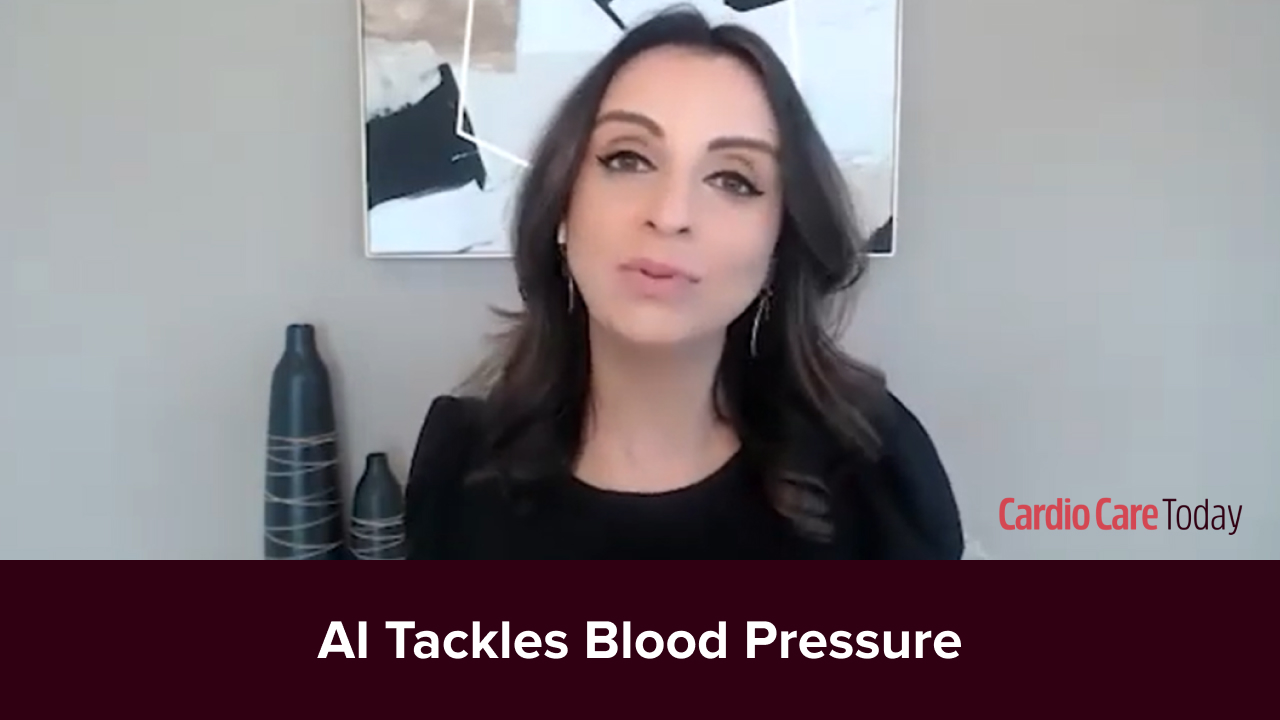
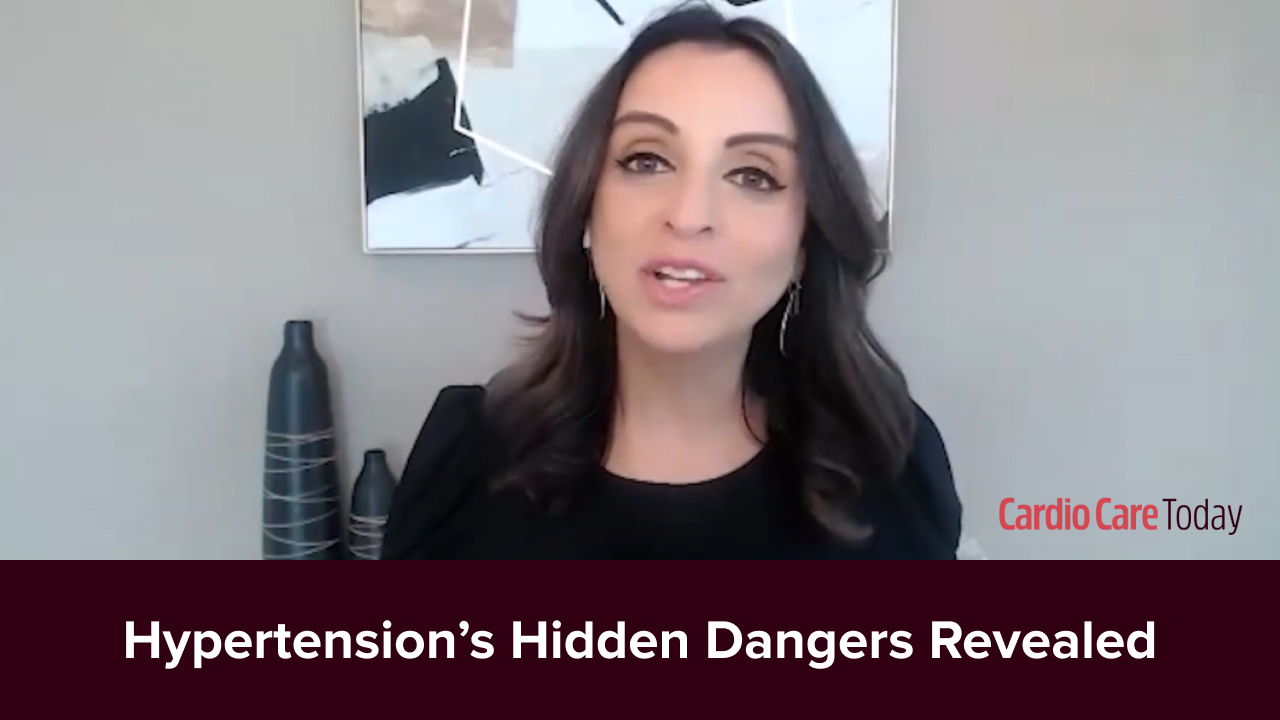


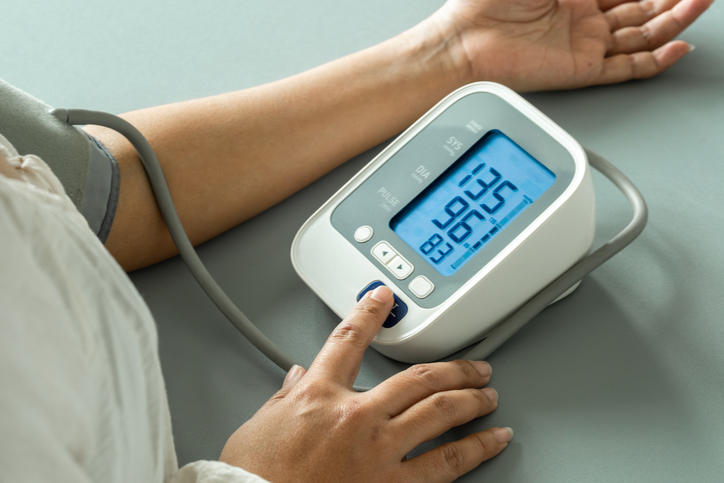
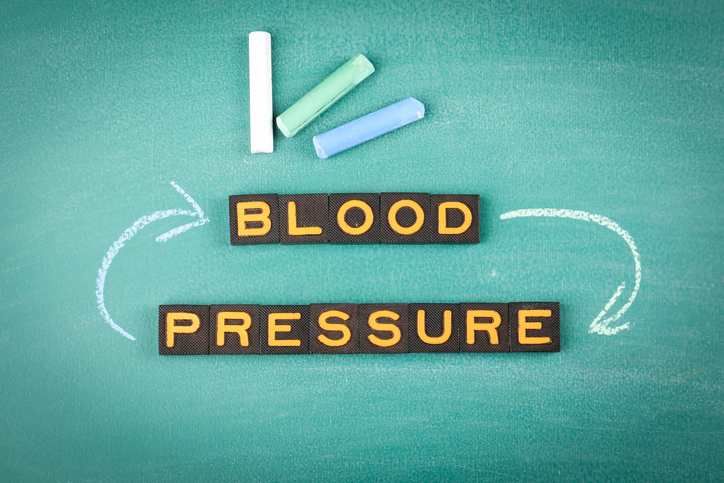


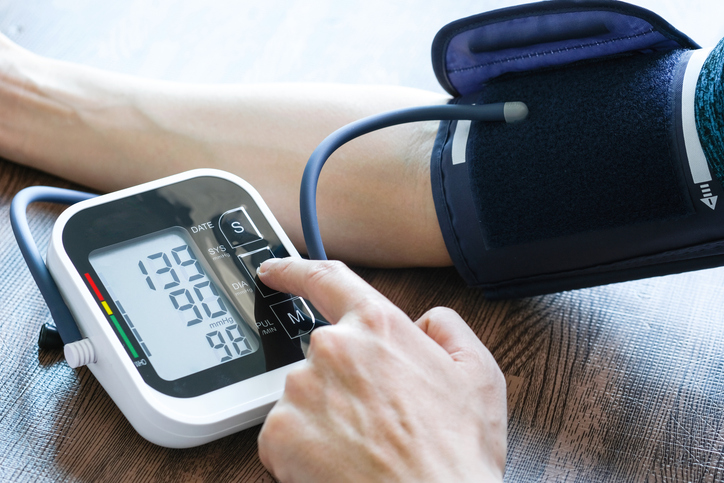

 © 2025 Mashup Media, LLC, a Formedics Property. All Rights Reserved.
© 2025 Mashup Media, LLC, a Formedics Property. All Rights Reserved.